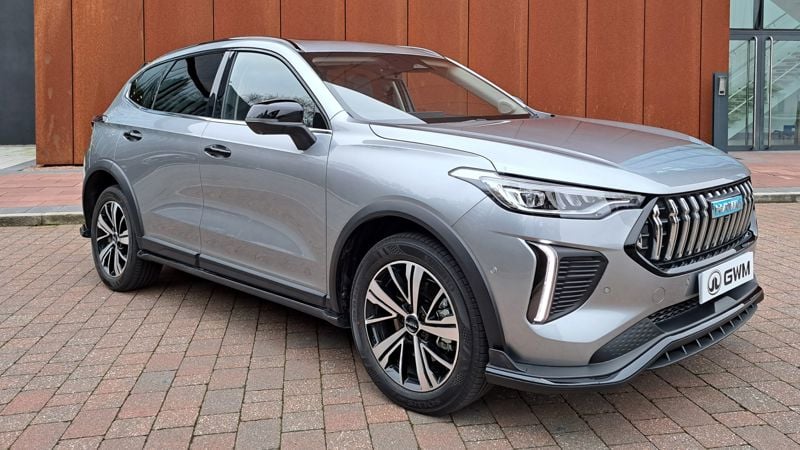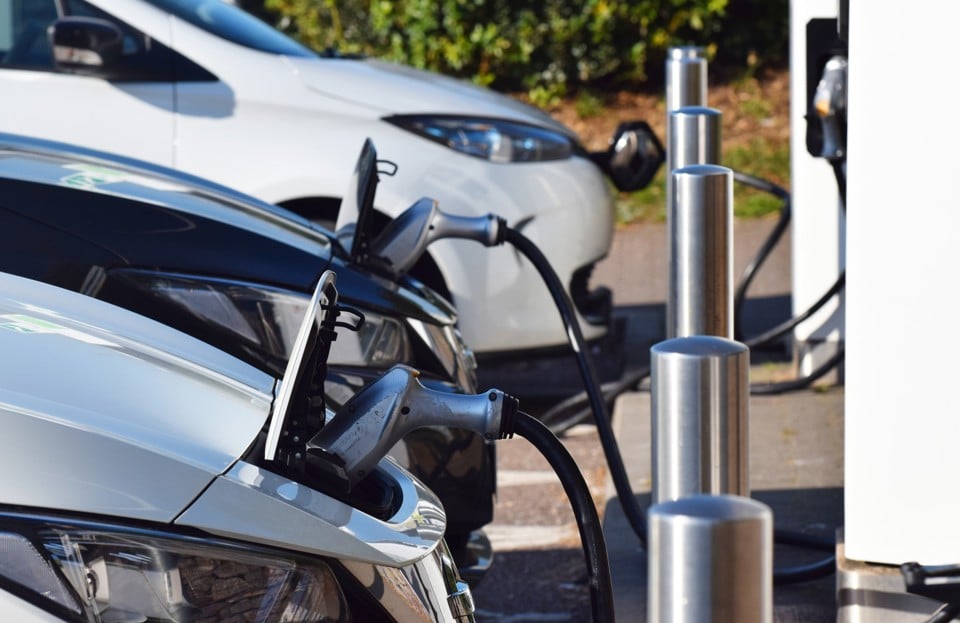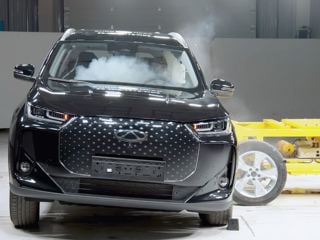The UK has not received a real influx of Chinese new cars yet because there are other countries in Europe that are more profitable targets for the emerging brands, according to the head of the Society of Motor Manufacturers and Traders.
Although the likes of GWM, BYD and Omoda/Jaecoo have now established a presence in the UK, there are significantly more brands already trading on Europe’s mainland, such as Nio, XPeng, Voyah and Zeekr.
SMMT chief executive Mike Hawes said at a recent briefing: “One of the main reasons, if you look at the past 12 to 18 months in the UK market, is the cost of doing business.
The UK has not received a real influx of Chinese new cars yet because there are other countries in Europe that are more profitable targets for the emerging brands, according to the head of the Society of Motor Manufacturers and Traders.
Although the likes of GWM, BYD and Omoda/Jaecoo have now established a presence in the UK, there are significantly more brands already trading on Europe’s mainland, such as Nio, XPeng, Voyah and Zeekr.
SMMT chief executive Mike Hawes said at a recent briefing: “One of the main reasons, if you look at the past 12 to 18 months in the UK market, is the cost of doing business.
"They tend to be focused more on BEVs (battery electric vehicles) and actually it’s a really expensive country to do business in, compared to somewhere else in Europe where they’ll make better margins, where there are incentives in that market to enter and compete more affordably than they can in the UK at present.”
 Nevertheless, Hawes noted that in China the OEMs are successfully bringing the production costs down of BEVs to levels that enables them to bring more models to the market.
Nevertheless, Hawes noted that in China the OEMs are successfully bringing the production costs down of BEVs to levels that enables them to bring more models to the market.
More new car brands are set to launch in the UK by the end of this decade, including Leapmotor, Xpeng and Haval this year.
The huge challenge in the UK for all OEMs, whether European or Chinese, is that the market for battery electric vehicles is not yet strong enough, and there are not enough incentives to encourage more private buyers to go into electric cars.
 That needs to change, according to Hawes: “We’re not saying ‘give us money to sell these things’. It’s money for the consumer. Reduce what the consumer pays in VAT.”
That needs to change, according to Hawes: “We’re not saying ‘give us money to sell these things’. It’s money for the consumer. Reduce what the consumer pays in VAT.”
He said the Government is going to get a windfall from how the VAT falls because of the more expensive list price of BEVs, and in future the premium VED owners will pay.
Hawes said the industry is acutely aware of the financial pressures the UK faces, and were there no Government targets, such central support would not be necessary, as the market would find its own level. But the targets are causing issues when the natural demand is not there.
“The fact that you’ve implemented a regulation which is trying to dictate a market, well, it’s not happening on itself. So how would you make that happen?”
The UK Government is committed to a phase out of petrol and diesel new car sales by 2030, which makes the UK seem a good opportunity for China’s affordable BEV brands. However the industry hopes the consultation on the ZEV Mandate’s ‘flexibilities’ will bring some support.
Asked whether the industry wants the mandate abolished, Hawes responded: “No. I think the focus is making it work because everyone’s on the course.”
Login to continue reading
Or register with AM-online to keep up to date with the latest UK automotive retail industry news and insight.























KCH - 19/01/2025 10:09
The cost of EVs will be going up, not down. Government is gradually waking up to the immense loss of revenue these vehicles represent. Fuel duty and the 20% VAT upon it will go. Those charging at home only pay 5% VAT. Unless special meters are installed to chagee 20% VAT, along with perhaps a fuel duty taxed supply, this will not change. Even if such a programme were to be introduced, what would be the cost of implementation and who would pay? Like windmills and solar, nobody has throught this through or costed it. As soon as second hand values really impact upon fleets, the EV will really suffer. As it is, second hand values are on the floor and causing all sorts of probems. More Chinese manufacturers will enter the European and North american markets and will eventually kill off yet another major industry. Already, the insane cost of electricity in the UK is driving out energy hungry industrial processes. As for EVs, they have their place rurnning about locally but can never replace ICE. For government and the industry to treat customers as fools is never a good idea. As this nonsense starts to bite, more ICE will be kept going. Given how well vehicle bodies are protected these days, vehicles should be capable of giving decades of service, leaving manufacturers with stock piles of unwanted vehicles. Apart from anything else, the charging infrastructure is not there. Mnay people live in terraced houses. How are they supposed to charge their cars? What will it cost to lines such streets with public charging points? What will the power cost? The government could tax those points, but that would make electricity way more expensive thatn hydrocarbons. Bear in nind that when motorised transport appeared, no subsidies or tax breaks were offered. Indeed, the reverse was the case. Fuel was taxed and so were roads with the £25 Road Fund Licence, charged specifically on those who used them to fund roads. Very sensible. EVs are the exact reverse, owing their rise to bribes and coercion. This cannot last.